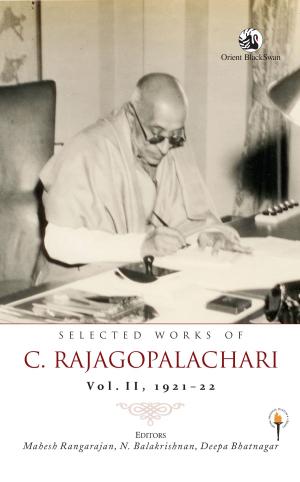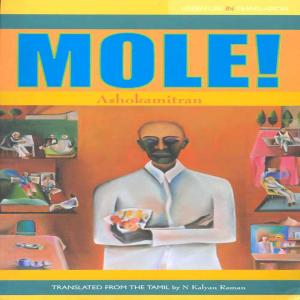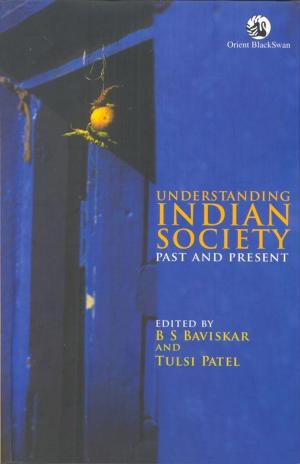French Studies in History
Vol. II-The Departures
Nonfiction, Social & Cultural Studies, Political Science, Politics, History & Theory| Author: | Maurice Aymard | ISBN: | 9788125051909 |
| Publisher: | Orient Blackswan Private Limited | Publication: | December 15, 2009 |
| Imprint: | Language: | English |
| Author: | Maurice Aymard |
| ISBN: | 9788125051909 |
| Publisher: | Orient Blackswan Private Limited |
| Publication: | December 15, 2009 |
| Imprint: | |
| Language: | English |
The early years of this century saw a rapid renewal in the subject as well as the methodology of history. This process was both influenced an reoriented by a rich, but often difficult dialogue with the other social sciences. It was thus that the territory of the historian was extended to cover areas that history had earlier ignored, abandoned or studied only superficially.New Historys pathbreaking move has been carried forward in the last twenty years this time in a decisive readjustment of historys relationship to sources. These have ceased to be seen as furnishing an objective rendering of reality. Instead the task of the historian is to decipher meanings, uncover rules underlying gestures, words, texts and establish a relationship between the former and the realities they are supposed to express.Thus while historical anthropology and economic and material history were the pioneering fronts of New Historys second phase, two other domains have opened up—the history of mentalities and that of groups at societys margins. That this is a rich and living discipline is seen in the fact that it is moving today towards an ethno-history which seeks to reconstruct coherences within the world we have lost.The first volume of this anthology, The inheritance dealt with New Historys first phase. This second volume, The Departures brings together important writings from its second phase. Together the two volumes trace the growth of an important perspective on the study of history.
The early years of this century saw a rapid renewal in the subject as well as the methodology of history. This process was both influenced an reoriented by a rich, but often difficult dialogue with the other social sciences. It was thus that the territory of the historian was extended to cover areas that history had earlier ignored, abandoned or studied only superficially.New Historys pathbreaking move has been carried forward in the last twenty years this time in a decisive readjustment of historys relationship to sources. These have ceased to be seen as furnishing an objective rendering of reality. Instead the task of the historian is to decipher meanings, uncover rules underlying gestures, words, texts and establish a relationship between the former and the realities they are supposed to express.Thus while historical anthropology and economic and material history were the pioneering fronts of New Historys second phase, two other domains have opened up—the history of mentalities and that of groups at societys margins. That this is a rich and living discipline is seen in the fact that it is moving today towards an ethno-history which seeks to reconstruct coherences within the world we have lost.The first volume of this anthology, The inheritance dealt with New Historys first phase. This second volume, The Departures brings together important writings from its second phase. Together the two volumes trace the growth of an important perspective on the study of history.















